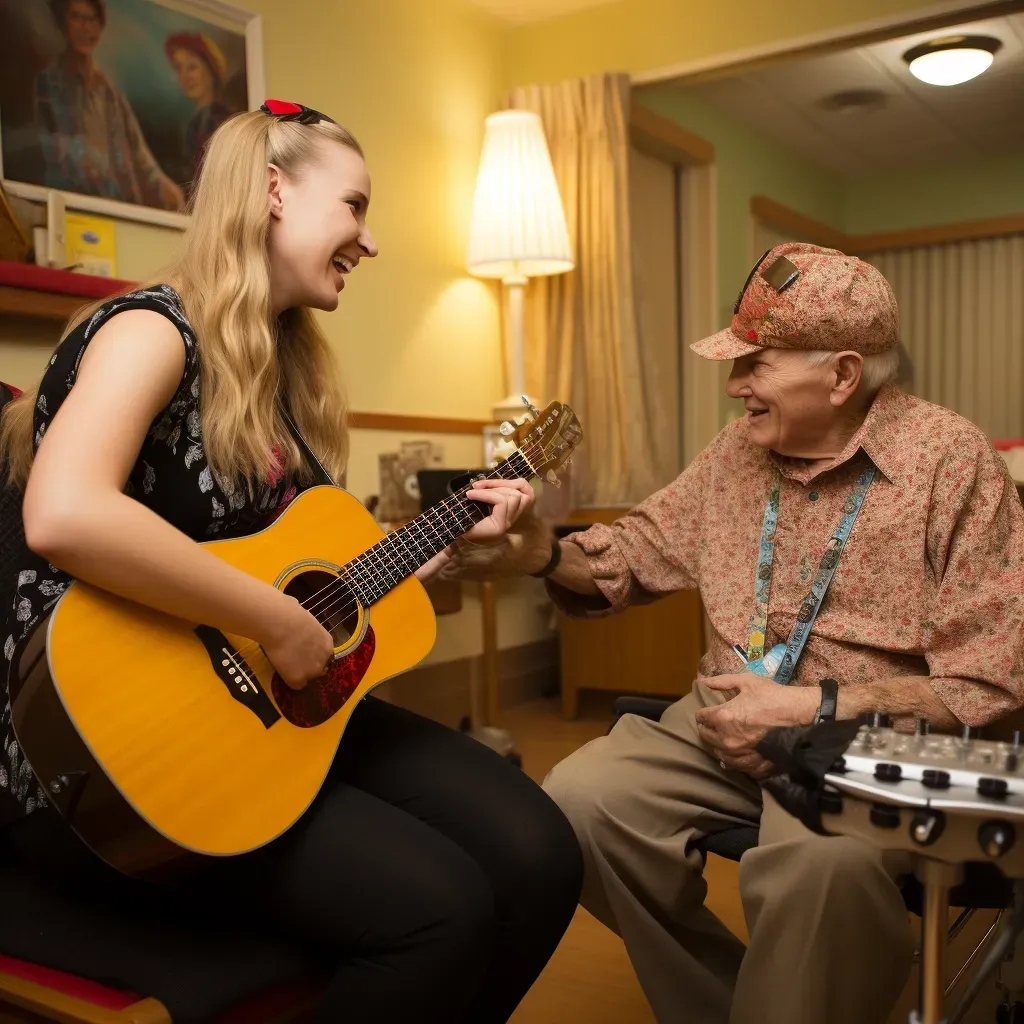
FREQUENTLY ASKED QUESTIONS (FAQ)
WHAT IS HOSPICE?
Hospice is a special type of care that combines palliative care and the philosophy that quality of life is better than quantity of life for those with life-limiting or terminal illnesses.Hospice care operates under the goal to maximize the quality of life by providing tailored end-of-life care and support services.
This may include: Pain management, Nursing, Medication administration, Personal care

WHAT A HOSPICE CARE AGENCY CAN OFFER YOU?
End of Life Care, Palliative Care, Bereavement Counseling, Hospice Support Services

WHAT IS THE ADMISSION CRITERIA FOR HOSPICE CARE IN LAS VEGAS?
In order to qualify for hospice care, the patient must have received a prognosis of six months from a medical doctor. This doesn’t mean that your loved one will die within that time; of course no one can predict this with accuracy. It just means that their illness is terminal and the doctor feels that they could possibly pass away within six months or that curative treatments are no longer effective.
HOW DO I START THE HOSPICE PROCESS?
In order for hospice to start, we must receive the hospice order from the doctor. This acts as a referral that states the patient is qualified for hospice. Then, we will look over the patient’s medical history and assess the patient in order to craft an individual care plan. The assessment can be done at the hospital or in the home, whichever is most convenient for the family.
IS HOSPICE ONLY FOR THE FINAL DAYS OF LIFE?
Not at all. In fact, the earlier the transition to hospice, the more effective it is to control symptoms and provide peace and quality of life for the patient and family members.
HOW LONG DOES HOSPICE STAY WITH A PATIENT?
Long-term hospice care is sometimes necessary if a life-limiting illness does not run its course in that time. Just because the prognosis is six months doesn’t mean that hospice will end once that time passes. So long as the prognosis doesn’t change, hospice eligibility does not change. Our team continually adjust care plans to cater to the unique needs of each individual we serve.
HOW MUCH DOES HOSPICE COST?
In many cases, insurance coverage will dictate the cost of hospice care. If the patient is not covered, or if their plan does not include hospice, our financial experts can discuss options and ensure the patient gets the services they need.
DOES MEDICARE OR MEDICAIDE PAY FOR HOSPICE?
Medicare and Medicaid pay for hospice care so long as the patient meets certain eligibility requirements.
HOW DO I PREPARE LOVED ON FOR END OF LIFE CARE?
It is not the goal of home hospice care to cure any illnesses but rather manage symptoms to improve the quality of life. Enlisting hospice services does not mean you’ve given up; it simply means the priority has shifted from aggressively curative treatment to pain management to increase the comfort level of the individual.Our team provides care to many individuals that have chronic illnesses, cancer, dementia, and many other life-limiting conditions, so you can count on us to provide the highest quality of care. This is why we develop care plans that cater specifically to the needs of the individual. In addition, should an issue ever arise, we’ll be there to assist you any time of day or night.
WHAT SUPPORT SERVICES DOES UNIFIED CARE HOSPICE OFFER?
SUPPORT SERVICES AND SOCIAL WORK: Consider us your support team. Our services encompass not only the needs of the patient but the family members as well.Hospice isn’t just for the patient! This is a time of transition for everyone involved, and it may be emotional or stressful at times. That’s why our philosophy is to work with all who are involved and provide as much support as we can.We’re all in this together! As a general rule, hospice social workers follow the wishes and requests of the family. They are available to offer a more holistic approach that addresses both the physical and emotional needs of everyone involved.Our social workers are also available to help communicate the patient’s needs to our team of medical personnel or provide assistance with filling out any paperwork that’s necessary.
DO UNIFIED CARE HOSPICE OFFER BEREAVEMENT COUNSELING?
Yes, We believe that every individual we meet has an impact that reaches far beyond themselves, spanning out to their community and loved ones. In that same way, the hospice care we provide extends beyond the life of a patient.We feel strongly about being here to support and guide you through your transition because we understand how grief and loss affect family and friends who have lost a loved one. Family members feeling grief may experience emotions including denial, anger, and depression when a loved one passes away.One amazing thing about hospice care is that grief counseling is covered under Medicare if your loved one or patient qualifies for Medicare-certified hospice care.
See Our Blogs

The Harmonious Blend of Hospice Care and Music Wellness: A Guide to Enhanced Comfort and Peace
Understanding the Role of Music in Hospice Care
Hospice care, a form of compassionate end-of-life care, aims to provide comfort rather than cure. In this journey, the integration of music wellness plays a pivotal role. It's not merely about listening to melodies; it's about tailored musical experiences that profoundly resonate with each individual's emotional and spiritual needs.

Music Wellness: More Than Just a Playlist
The essence of music wellness in hospice care goes beyond the boundaries of basic entertainment. It's an art form that speaks directly to the soul, offering a sense of peace and tranquility. From classical symphonies to soothing natural sounds, every note and rhythm is carefully selected to align with the patient's preferences, creating a therapeutic soundscape.
Tailoring Music to Individual Needs
Every person's journey is unique, and so is their connection with music. Customizing musical experiences to suit individual tastes and histories is crucial. This customization might involve playing a beloved song from their youth or composing a gentle, rhythmic sound that mirrors their heartbeat, offering a deeply personal touch.
The Science Behind Music and Wellness
It's not just about the emotional impact. Scientific research supports the benefits of music in reducing pain, anxiety, and stress levels. Melodies and rhythms can positively affect brainwave patterns, leading to improved emotional states and a sense of well-being.
Music Therapy: A Skilled Practice
Professional music therapists, armed with a deep understanding of how music impacts the mind and body, play a vital role. They are trained to observe responses, adjust musical selections, and use music as a tool to facilitate communication, memory recall, and emotional expression.
Integrating Music into Daily Hospice Care
Incorporating music into daily care routines isn't a one-size-fits-all approach. It's about finding the right moments, whether it's a morning melody to uplift spirits or a nighttime tune to promote restful sleep. The goal is to make music a natural and comforting part of the hospice experience.
Music: A Bridge for Family Connections
Music also serves as a bridge between patients and their families. It can rekindle shared memories, create new moments, and provide a comforting presence when words are hard to find. It's a powerful tool that brings people together in times of need.
Conclusion: The Symphony of Care and Comfort
The blend of hospice care and music wellness is a symphony of care and comfort. It's about creating moments of joy, peace, and connection in a journey that is often challenging. This harmonious approach underscores the importance of addressing not just the physical but also the emotional and spiritual needs at the end of life, making every moment count.

Interested In Care For Yourself Or A Loved One? Give Us A Call Today To Learn More.
© 2022 Unified Care Hospice - All Rights Reserved
info@ucarehospice.com
702-982-8266
